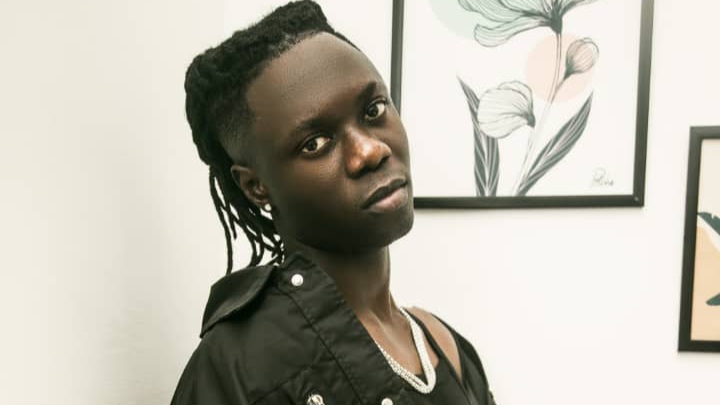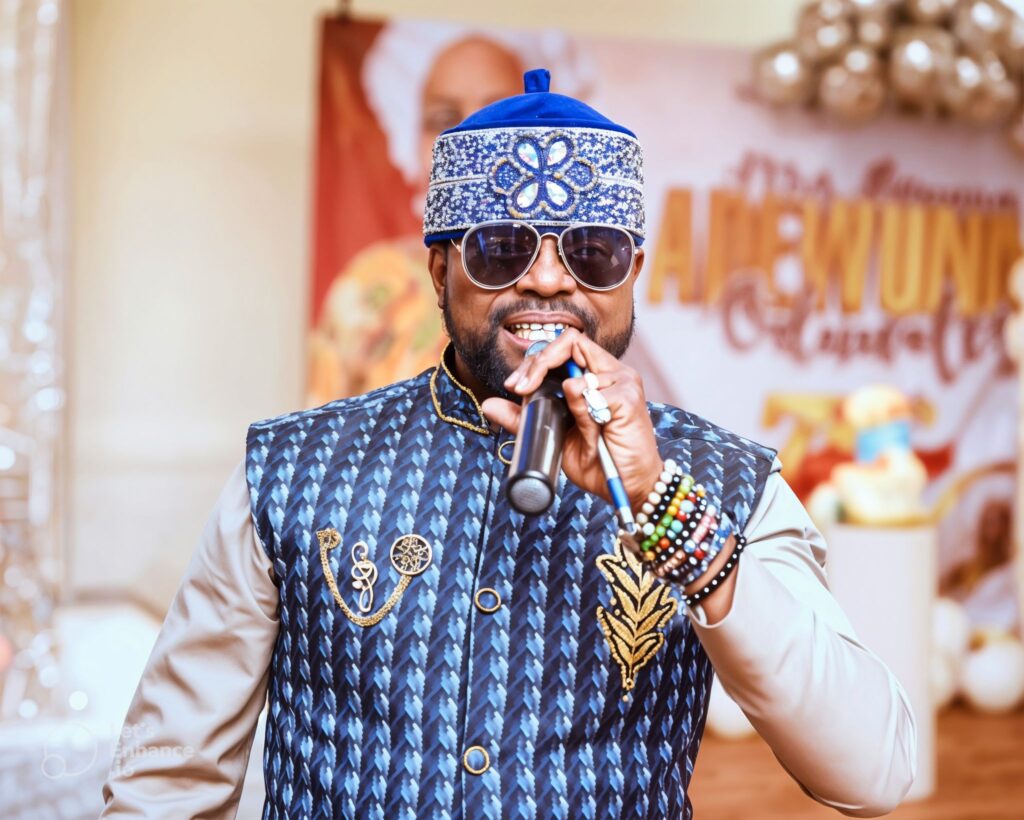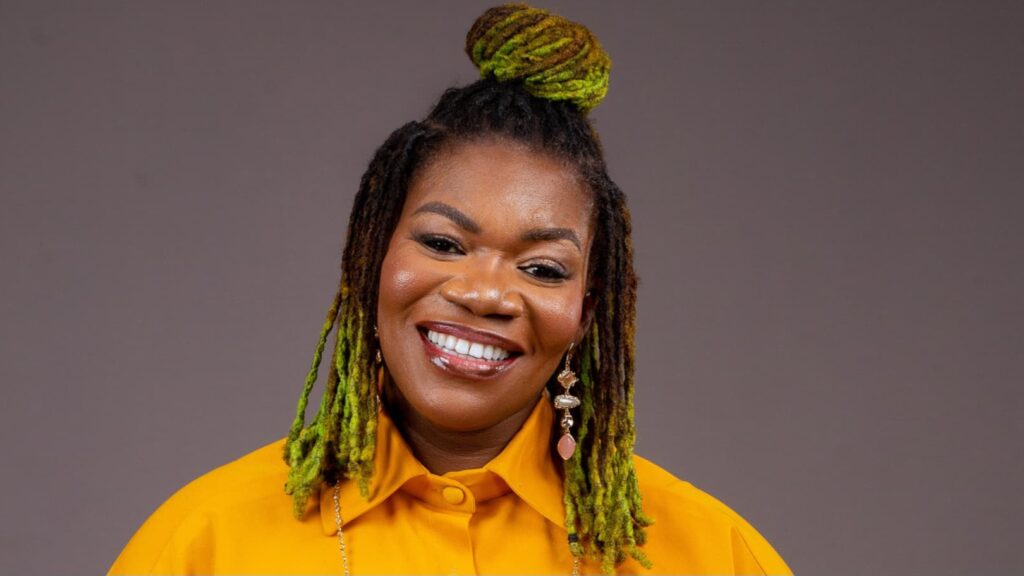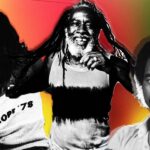 Coffee table book, also known as a cocktail table book, is described as an oversized, usually hard-covered book, whose purpose is for display on a table intended for use in an area in which one entertains guests and from which it can serve to inspire conversation or pass the time. Such books are basically meant to entertain. However, what makes them interesting are the insightful pieces that give a wide perspective on the issue discussed.
Coffee table book, also known as a cocktail table book, is described as an oversized, usually hard-covered book, whose purpose is for display on a table intended for use in an area in which one entertains guests and from which it can serve to inspire conversation or pass the time. Such books are basically meant to entertain. However, what makes them interesting are the insightful pieces that give a wide perspective on the issue discussed.
But Koko Kalango’s One Love: Over A Century of Jamaicans Contribution to Nigeria’s Development is basically to educate.
In the well researched and detailed coffee table book, Koko sketches the path to Jamaica-Nigeria relationship. In doing so, she uses Jamaica as a prism with which to examine their heritage and — most important — love. She carefully avoids the paradoxes that Nigeria represents.
Jamaica has a long history of close cultural and spiritual ties to Africa. So deep is the relationship between Jamaica and Nigeria now that travelling back and forth is easier these days than it has ever been, especially since 2011, when direct air flights between the West African and Caribbean countries, with a brief stopover in the US, were begun. Today, a roundtrip ticket from Kingston to Lagos, on Delta Airways, costs around $1,500. In the past, a traveller had to fly to the US or Europe to get a flight to Lagos. This pushed up the price and made the flight time interminable.
From the title, the Jamaican flavour begins to sink in. The title is, in fact, taken from a song by Jamaican reggae legend, Bob Marley: One Love. The title captures the emotions and passion that made Koko start and persevere at this work for over four years.
Brimming with passion and history, the book is crisp, precise and inspiring. It is informative and condenses the distance between the two countries.
Fifty definitive profiles are presented in this volume with new insight on contemporary subjects. These 50 people, symbolically, represent the number of years both countries have had formal ties. However, for the purpose of Koko’s narratives, the definition of a Jamaican has been narrowed down to the first-generation rather than those, like herself, who acquired citizenship by descent.The book is a memento to mark the golden Jubilee of the establishment of diplomatic relations between Nigeria and Jamaica (April 29, 2020).
The book, which covers a period of over 170 years, is divided into three parts: Pre-Nigeria to the amalgamation (1850s- 1914), amalgamation to independence (1914-1960) and independence to date (1960-2020). It documents efforts in various fields and covers stories from different parts of Nigeria.
Tracing the first contact of Jamaican nationals with the land that is now Nigeria to the mid-1800s, the study of their activities in Nigeria shows considerable contribution to development in the fields of education, health, enterprise, media, religion and so much more. This legacy continues through the work of children of Jamaican descent.
She says, “It was love that brought many of the Jamaicans here, the earliest to arrive came as missionaries, and contributed as educators, agriculturists, industrialists, healthcare workers, etc. After the second world war many of them came out of a desire to return to their roots. Some where engineers who came as to build the railways in Nigeria. But the majority of those who came after independence were part of the windrush generation who had immigrated to the UK. Mostly women, they met, fell in love and married Nigerian men whom they had met while schooling in the UK. They came and made Nigeria home, contributing in their own right but also supporting their husbands to become influential in this country. Many have also raised children who are enriching the Nigeria story in different fields of endeavours.”
In the pre-amalgamation period, 1846 to 1914, the first Jamaicans recorded in the book came with the Reverend Hope Waddell to Calabar. They are Andrew Chisholm and Edward Miller in 1846. They were missionaries. Seven people are listed here, they include: Robert Campbell, a publisher (of Anglo-African, a weekly newspaper), educator and businessman, who came to Nigeria in 1859; John Edward Ricketts, missionary, educator and industrialist in 1895, Lucy Imogene Steward and her husband, Jacob Steward, came to Nigeria in 1910 and Amos Shackleford, industrialist, entrepreneur, politician, who first came to Nigeria in 1913 to work on the railways. He went back to Jamaica after three years but upon his return became known for his revolutionising the bread business in Nigeria, earning him the nickname – the bread king. In his honour one of Nigeria’s foremost luxury boutique hotels, which sits on a land that was once his, is named The Wheat Baker.
From amalgamation to Independence (1915-1960) is where you have more people. There is Wilford Elijah Petgrave, an engineer, who came in 1915 to work in the Nigerian Railway Corporation, is in this group. His daughter, Hilda Adefarasin, was once national President of the International Women’s Society and is mother of pastors Wale Adefarasin, Yemi Adefarasin and Paul Adefarasin.
Also in this group is Claire Bassey (Educationist, mother of the author). She arrived Nigeria in 1958 with her husband, lawyer, P.O.E., whom she had met while they were both students in the UK. She kept their home while her husband built a successful law practice. She lived through the horrors of the Civil war and supported her husband when he was appointed first High Court judge of then South Eastern State. She founded Springfield Nursery School, Port Harcourt, in 1978.
Today, the school has primary and secondary sections. Its alumni include Kaine Agary, 2008 winner of the LNLG-sponsored Nigeria Prize for Literature and Igoni Barrett, winner of the 2005 BBC short story competition. Her children are all responsible citizens, contributing meaningfully to society as educators, business people, ministers of the gospel.
The last section is from Independence to date (1961-2020). Notable names here are Carlene Alaja-Brown, Izarene Aret-Adams, Dorothea Baxter-Grillo, Patrick Wilmot, Sheila Alli, Carmen Latty, Beryl Ediale, Adeline Ndoma-Egba, Cynthia Mbonu, Lindsay Barrett, Jackie Payne and Joyce Ogunshi.
This book has been inspired by her mother’s life, her interaction with other Jamaicans as well as her relating with Jamaican High Commissioners to Nigeria: Dudley Thomson, Robert Miller, Anne Scott and now Esmond Reid.
This book is an invaluable addition to the library of those who have been part of this story, those who understand its importance, as well as the archives of both countries. Such a record will enrich the history of both countries and strengthen the ties between them.













